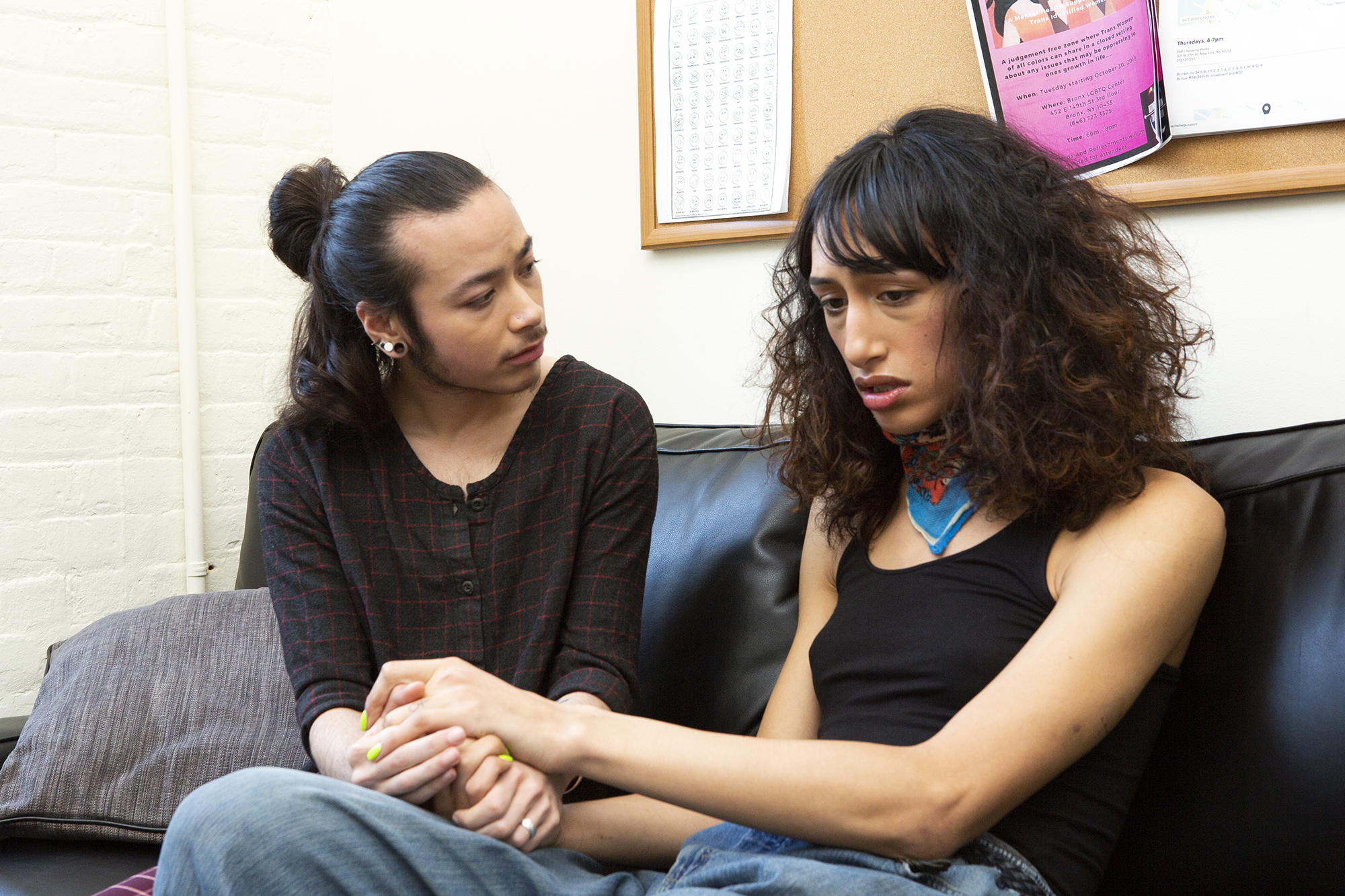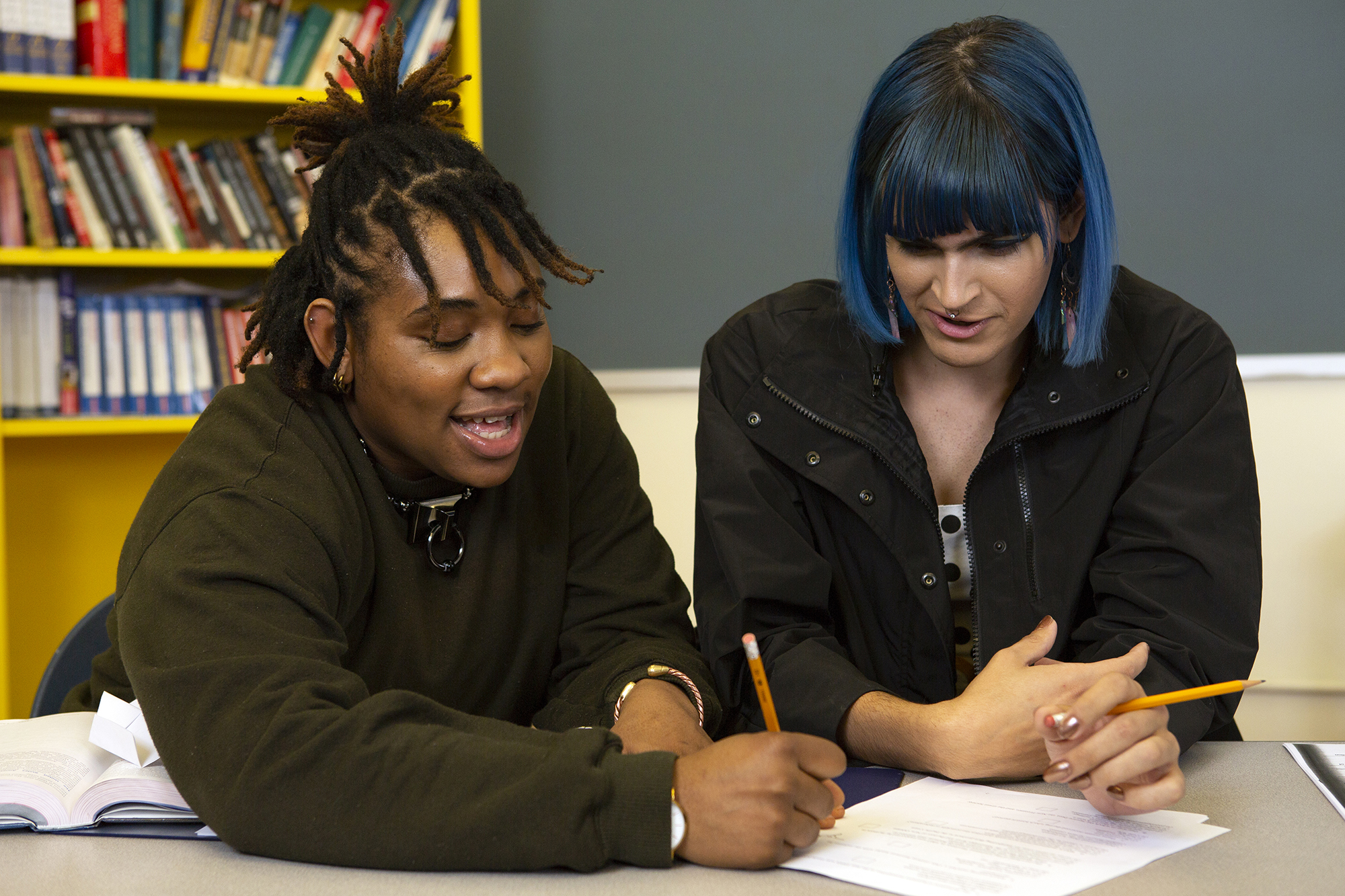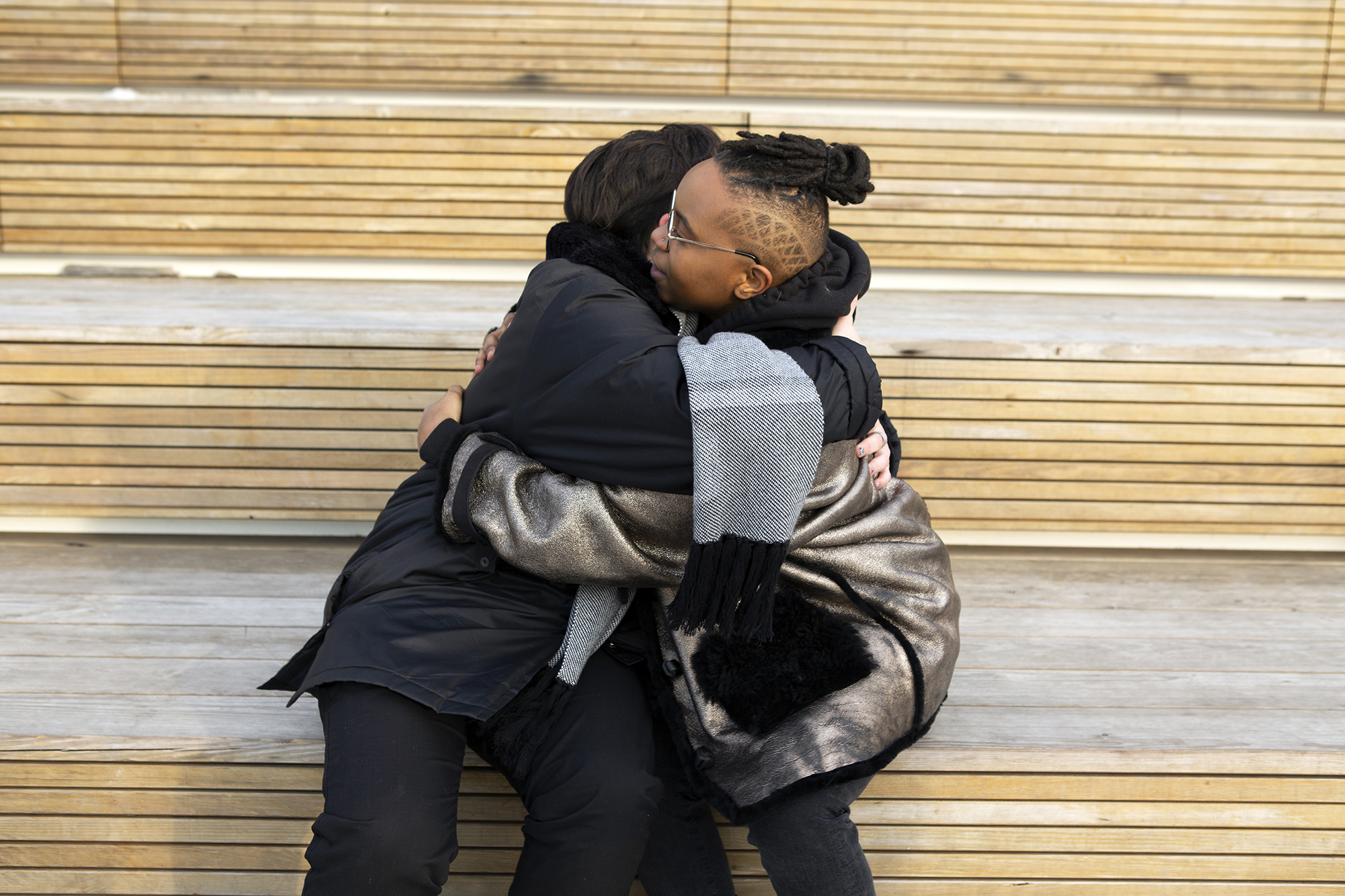Likely for millennia, there have been stereotypes associated with people interested in learning about death. Death-talk was often viewed as something for people who wear all black and worship the devil. Newsflash: Everybody dies. Wealthy, working poor, newborn, elderly, queer, cisgender, vertically challenged, statuesque, Latinx, South Asian, agnostic, Muslim… even you. But if death happens to everyone, why are so few people willing to talk about it? Is it the fear of the unknown? Faith doctrines that advise against it? Or social stigma tied to death and dying?
In the summer of 1984, I made my debut in this world three months prematurely. My early arrival resulted in months in the hospital and over 40 surgeries and counting. As a sick child, I had no choice but to ponder death. While my parents made sure that my childhood was filled with whimsy and joy, my mortality was often at the forefront of my mind. A medical oddity with a visible tracheostomy scar and paralyzed larynx, I was often outcasted by classmates. I daydreamed more often about the dress I would wear in my casket than my wedding dress, which caused me to feel further isolated from my peers.
Throughout my formative years I occasionally met others like myself who were miracle babies or otherwise medical mysteries, but I rarely voiced my innermost morbid thoughts. I suppose I felt that as a young, curvaceous, Black, suburban, Christian girl I had no license to discuss death. I assumed it was a subject better left to my math mate with her rail thin frame, pale white skin, and crushed velvet dresses.
My sophomore year of high school, I met one of my best friends, Elly*. She also had a some health issues early on in life and at 13 she was diagnosed with Marfan Syndrome, a rare disease affecting the body’s connective tissue. For years, we didn’t speak much about her condition; her symptoms were not obvious to the uneducated eye. Plus, we were too busy passing notes and talking about our crushes in code. After high school, we attended the same university, during which time we grew apart (because everyone who warned us that best friends should not be college roommates was right).
Junior year, I discovered via social media that she underwent emergency open heart surgery to repair her aortic dissection and replace a leaky valve. Shortly thereafter, I ran into her on campus and we quickly reconciled our relationship. Around the same time, both sets of our parents were either diagnosed with major illnesses or experienced catastrophic medical emergencies, and together we began to experience the loss of several friends and classmates in various ways in a relatively short amount of time. The culmination of these events opened the door for us to talk about life and death for the first time in our friendship.
Our discussions ranged from the deep and somewhat ethereal, like what life after death is like, to the more practical, like whether or not people should tag dead friends on social media as though they are still living. We did not always share the same thoughts and ideology about death; Elly’s earthy spirituality did not align with my Christian-Judeo faith. But despite our different perspectives, we kept the conversation going.
I lost Elly in 2018 to complications of Marfan. Understandably, her death shook me. She was truly as close to me as a sister. But it was upon her death that I realized, in addition to being my best friend, she was my Death Buddy: the one person I could talk to about absolutely anything without fear that she would judge me, find me weird, or rush to change the subject — even if the subject was death. I notice now that when someone new dies, be it a celebrity stranger or a close loved one, I still reach for my phone to get her feedback and then realize she won’t be able to provide me with a response.

Following her death, I’ve tried broaching the topic with others with no real success. So I am now on the quest for a new Death Buddy. Someone with whom I can talk about a very serious topic in a relatively matter-of-fact manner. If you are interested in finding your own Death Buddy, I suggest you look for someone who:
- Has earned your trust and whose trust you have earned
- Will not judge you
- Respects your beliefs and boundaries
- Is willing to be frank and open
- Let’s you mourn without making it about them
- Will not rush you through the grieving process
- And, knows how to balance the dark with the light.
The search thus far has not turned up the best results. Some potential candidates know how to balance the dark with the light through levity and laughter, but aren’t great at respecting my boundaries and beliefs. Others are willing to be frank and open with their opinions, but have a tendency to judge my thoughts and understandings. Then of course, there are those who fit most of the criteria, but we do not know each other well enough yet to have earned each other’s trust.
I guess the new breaking news story for me is that every relationship won’t meet all of my needs. In fact, most will not but having at least one person you can count on to help you navigate death conversations is important. In fact, talking about death is even healthy! According to a 2016 HuffPost article by physician Supreeya Sarup, D.O., “In accepting that our days are limited we are able to value our today, and this is why I believe it is crucial we start talking about death now.” Death positive movements like Death Salon and End Well echo Sarup’s sentiments and actively seek to normalize end-of-life discussions by integrating them into our everyday lives.

Valuing my today is something that, despite my constant consideration of death over the years, is not something that I always embraced. For far too long I allowed the nearness of death to limit my endeavors. Whether it was staying inside during a fresh spring downpour, fearful that my rain-soaked socks would somehow lead to a fatal cold if I decided to dance in the rain, or rarely venturing far from my handful of go-to menu items for fear of unwittingly consuming my fatal last meal, I lead a life that was cloaked in careful and cautious behavior.
However, the last several months I have made it a point to take risks. From taking a biking tour through San Francisco (after not having ridden a bike for 20 years) to treating my tastebuds to new things (my latest adventure is kombucha!), I am finally stepping outside of my personal cocoon in order to live a more fulfilled, enriched life. I may not jump any bases or dive any cliffs anytime soon, but every day I wake up is another day that I get to choose to truly live. If it takes talking about death to finally experience life, then that is a conversation I am willing to have as often as I can.
- Disclaimer: names have been changed out of respect for the privacy of individuals.

